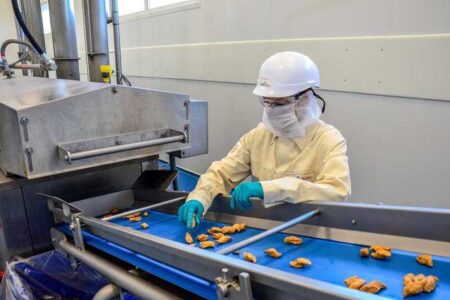Food traceability gaining popularity

Organic Monitor believes that growing consumer interest in food provenance and production methods is leading to a spike in traceability schemes, with a growing number of certification schemes and analytical tools helping food companies provide transparency.
Traceability schemes were initially introduced to track agricultural commodities from developing countries, such as coffee, cocoa and tea. Consumer concerns about food safety have led to new traceability schemes for a wide range of ingredients, including soya, sugar, corn and maize.
Schemes are also becoming popular because of concerns about ethical sourcing. The Marine Stewardship Council (MSC) certification scheme is well established for seafood and the Roundtable for Sustainable Palm Oil (RSPO) for palm oil, whilst similar sustainability schemes are emerging for other ingredients. Bonsucro is a sustainability scheme for cane sugar, whilst ProTerra is one of many sustainability schemes for soya.
The rising incidence in food fraud is also making food traceability prominent. The recent horsemeat scandal highlighted the potential scale of mislabelling and fraud in the food industry. It is estimated that up to 10% of all food products could be adulterated.
Organic Monitor finds the growing importance of transparency is presenting fresh challenges to the food industry. Food companies and retailers have to decide what food ingredients/products to focus on and then select suitable traceability/sustainability schemes. Another challenge is standardisation and/or possible harmonisation of these schemes.



